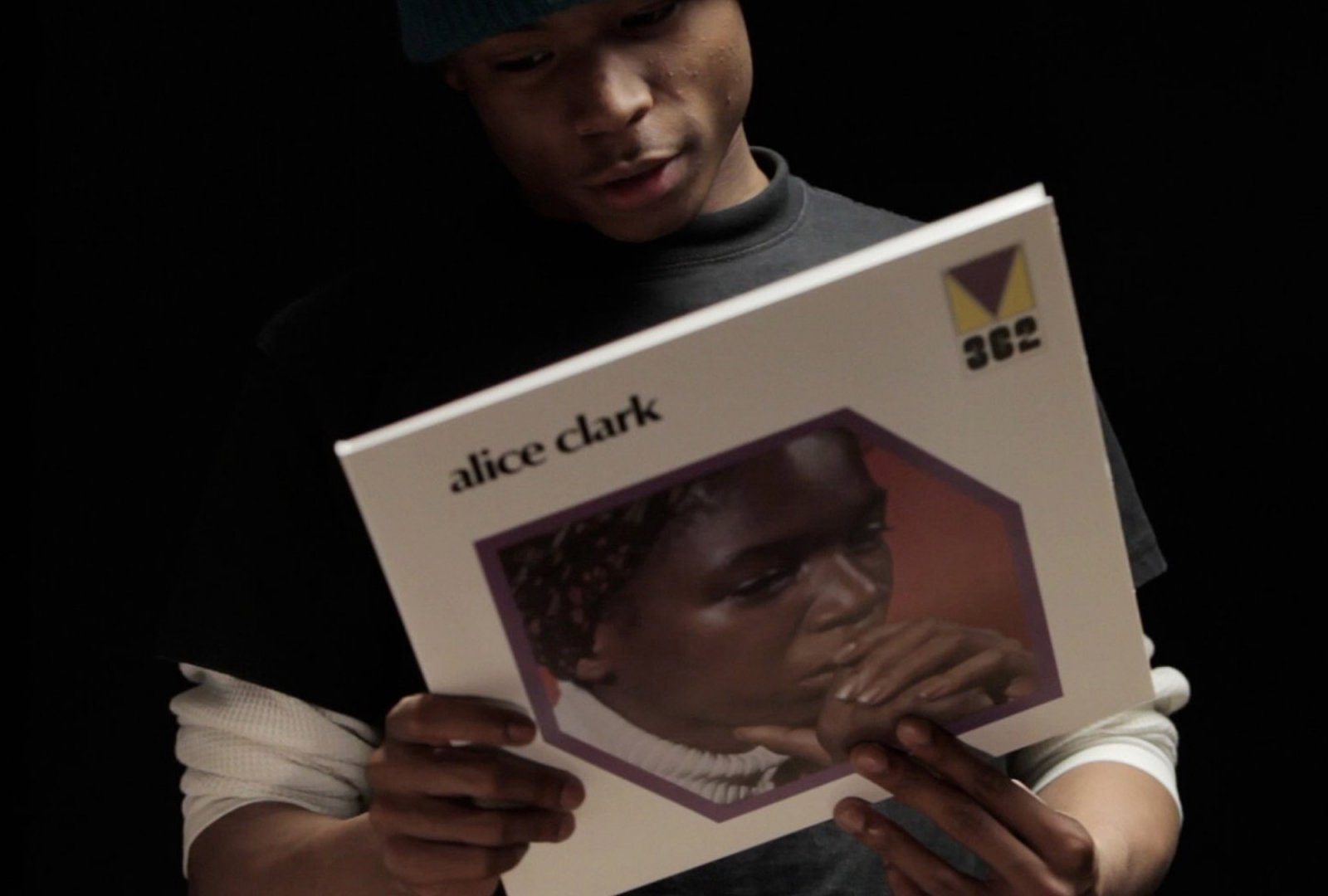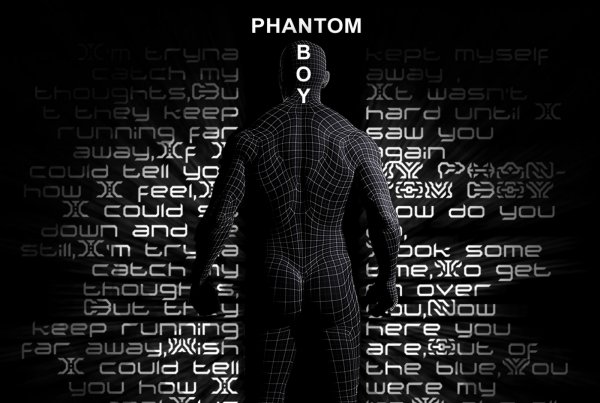Alice Clark: Questions We May Never Answer
Recorded and released in 1972, it stands up today as perhaps one of the finest soul albums ever recorded. Quality underground music excavators Jazzman Records call it “The Holy Grail of modern soul - share in the secret and find out why this album is so highly regarded!”, and this, at least is easily answerable - the reason why this album is so highly regarded is that every single element - the singer, the songs, the musicians, the production - are simply superb. But the whole is even greater than the sum of the parts; there is something magical about this collection of songs and perhaps this is because of the continuing enigma about Alice Clark herself and her speedy journey into obscurity so soon after recording something so utterly beguiling as this album.
Very little is known about the woman behind the voice on these tracks. Alice Clark was born in Brooklyn New York in the 1940s. She recorded a total of 15 songs over three recording sessions in her entire career between 1968 and 1972; she gave us two singles and one ten track album and then disappeared from the music industry, reportedly passing away in 2004.

In the years since the early 70s, her work has slowly become revered. Her storming 69 single ‘You Hit Me (Where Where it Hurt Me)’ became a huge tune with obsessive UKs aficionados of the frenetic and amphetamine fuelled Northern Soul scene. Her other recordings took a little while longer to achieve any kind of recognition however and it wasn’t until 1990 when a record dealer visited the offices of the UK’s Acid Jazz record label that the next stage of Alice Clark’s rediscovery began. Dean Rudland and Eddie Piller paid £12 each for an original of a record that will now set you back at least £200 if you can find it. In the sleeve notes for the repackaging of Alice Clark’s entire back catalogue Rudland recalls: “…cash exchanged hands and Ed and I walked away with a record that would soundtrack our lives for the next few years… a killer that would be played wherever we were DJing, becoming one of the anthems of the acid jazz era.”
The particular killer track Rudland is referring to is ‘Don’t You Care’, a perfect storm of a song, where all the elements just fall into place: every single guitar lick, every horn phrase is exquisitely delivered, every single sliver of music is extraordinarily well played and produced. From the very first moments it’s a joy: a funky little bass figure introduces the song and then a superbly tight combination of guitar, keys, bass, drums and congas provide a funky bed for the glorious horns to rest in - the first ten seconds of this record are as an exuberant a call to the dance floor as you’ll ever hear.
The song itself has a joyful melody, a melancholy lyric and a soaring middle eight. And then of course, there are the vocals of Ms Clark herself: comparisons are odious, but if pushed, you could say that Alice Clark’s voice sometimes bears a similarity to Lyn ‘The Female Preacher’ Collins, but she’s a lot more than that. On this song she’s fiery, assured, a force of nature, with just the most exquisite crack in her voice when she really reaches. And if that wasn’t enough, for the DJs and the dancers, at 1.41 minutes the band serve up a perfectly executed break down. The whole thing isn’t even 3 minutes long and yet fits more passion into its 2 minutes 50 seconds than some artist manage in their entire careers.
‘Don’t You Care’ was written by Bobby Hebb of ‘Sunny’ fame who also contributed the mid-tempo soul-jazz jewel ‘Charms of the Arms of Love’, a song where Clark demonstrates the crystal clear tone she could also deliver when not belting out a soul screamer. In contrast with this is the other Bobby Hebb song, the rousing workout ‘Hard, Hard, Promises’, three minutes of Hammond organ-drenched rousing funky soul, where there is no holding back for Clark.
Petula Clark’s ‘Looking at Life’ also benefits from some lovely Hammond, as well as muted trumpet, and another exquisitely played, laid back soul backing, transforming the song from a orchestrated piano ballad into a New York soul stormer.
The other track on the album which was particularly big on funk revival dance floors was the beautiful ‘Never Did I Stop Loving You’. ‘Never…’ is the jubilant answer to ‘Don’t You Care’s melancholy, a dance floor destroying impassioned paean to the delights of true love. And just when you’re enjoying the final few seconds and you think it's going to fade out, the horns come back in and you get a bonus few seconds of sheer joy.

There isn’t a bad track among the ten songs here. Uber songwriter Jimmy Webb even gets a look in, and his ‘Keep It Hid’ is given a deep soul rework, with some extremely pretty jazz guitar runs complimenting Clark’s gorgeous vocal.
That this sublime collection wasn’t a huge success is inexplicable, as was the fact that it remained virtually unknown for nearly twenty years. In the early 70s, teenagers all over the North of England would have been dancing ecstatically to her ‘You Hit Me…’ in the early hours of the morning, exiting clubs and basements, the steam coming off their dance-heated bodies and with her soaring vocals ringing in their ears. 20 years later and in the early 90s entirely new generation of clubbers and music lovers are discovering Alice Clark’s only album, entire warehouses and packed club dance floors are cheering when the DJ plays her songs, hundreds of people dancing together, loving her music. And yet it may be that she never knew any of this. As far as we are aware, she left the industry in 1972, soon after her album failed to make an impact, and, in that oft-used industry cliche ‘drifted into obscurity’. It was reported that she passed away in 2004. The album leaves us with more questions than answers, questions that are unlikely to ever be answered. Instead, we are just left with a collection of songs, Alice Clark’s legacy: fifteen songs in total, ten of which make up one of the finest soul records ever recorded.
Harold Heath is a freelance writer who contributes to iDJ Magazine, Thump, Ministry of Sound, Traxsource etc. When not writing words about music, Harold is a DJ, producer and music tech teacher.




